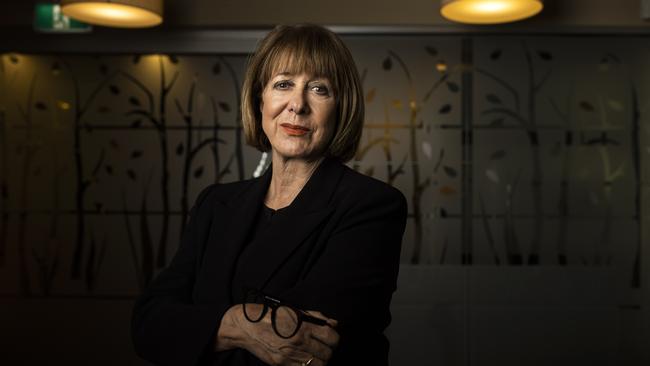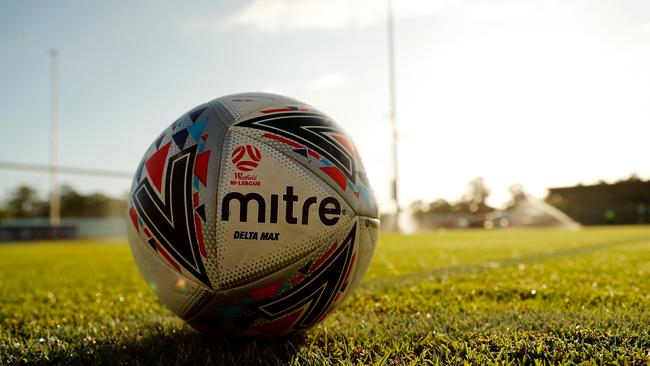Covid: Rapid antigen testing key to return of weekend sport
Dust off the footy boots and dig out the whites as a simple test before hitting the sheds could soon see a return of weekend sport, a leading epidemiologist has said.
Local
Don't miss out on the headlines from Local. Followed categories will be added to My News.
Life as we once knew it may not be as far away as we first thought, with a leading epidemiologist saying the use of rapid antigen testing could see the return of music festivals, live sport and even humble park cricket.
Rapid antigen testing has become common place across the globe, with two test kits available to United Kingdom residents each week and even for those attending overnight music concerts held in Europe.
The test involves a nasal swab which is then placed into a chemical solution which reveals the result in up to 20 minutes.
This would enable weekend cricketers, footy players and others to conduct a test in the hours before their fixture.
On receiving the all clear they can then enter the sheds, safe in the knowledge they are not going to pass the virus on to their mates.

University of NSW epidemiologist Professor Mary-Louise McLaws said a trial was planned to see the “acceptability” of rapid antigen testing in Australia, describing the process as “easy” and “absolutely” feasible on a smaller scale, such as community sport.
“One way of holding entertainment and sporting events is to use rapid antigen testing,” she said. “They are pretty easy and takes 10 to 15 minutes at most.
“There can be a system where any positive test is explained and they can tested rapidly via a PCR (more accurate Covid test) at the venue.
“That’s really the only other option that one has, I mean you can’t keep entertainment and sport cancelled forever.”
Ms McLaws said such a system was only appropriate when the entire population had a fair chance to be vaccinated, which currently wasn’t the case.
When asked if a ‘no jab, no play’ policy had merit as a vaccination incentive, the academic said she wasn’t a great supporter of the initiative due to the wide range of reasons why people can’t be vaccinated.
BENCHWARMERS TO WEAR MASKS
Sports NSW, an independent body which includes major state sporting bodies such as Cricket NSW, Golf NSW and NSW Rugby League as members, has urged people to get vaccinated in a bid to fast track the return of community sport.
CEO Ross Bidencope declined to comment when asked if there was a case for the vaccinated population to return to sport before NSW hits the 80 per cent vaccination target, but confirmed Sports NSW hadn’t made that specific recommendation to the state government.

However, the independent body had advocated for strict guidelines such as compulsory mask wearing for spectators and nonactive participants to be part of Covid safety plans once given the green light to return to sport.
“The sports were all quite happy to have mask wearing made compulsory unless you are actually playing, even for the players when they come off the field to don masks,” he said.
“They see that as another way they can assist and get back to sport.”
NATIONAL PLAN NEEDED TO BOOST ACTIVITY POST-LOCKDOWN
University of Sydney academic Dr Lindsey Reece said children had been most impacted by the pandemic with data signalling a “double whammy”, a drop in physical activity levels and rise in screen time.
“I think the role of sport in the community isn’t going to disappear overnight,” she said.
“What we have got to do is make sure we have the resource investment in place to support the sport system, to ensure that people do feel safe, that the appropriate mechanisms are in place … and that we return when the community feels they are ready to.
Dr Reece, whose research specialises in sport, public health and physical activity, said now was the perfect chance for the implementation of a National Physical Activity Plan.
“Now is a time for us as a country to think about if we invest in that long term vision to get people genuinely more active through your access to green space, through your organised sport, through more supporting people day-to-day to move, now is the time,” she said.




